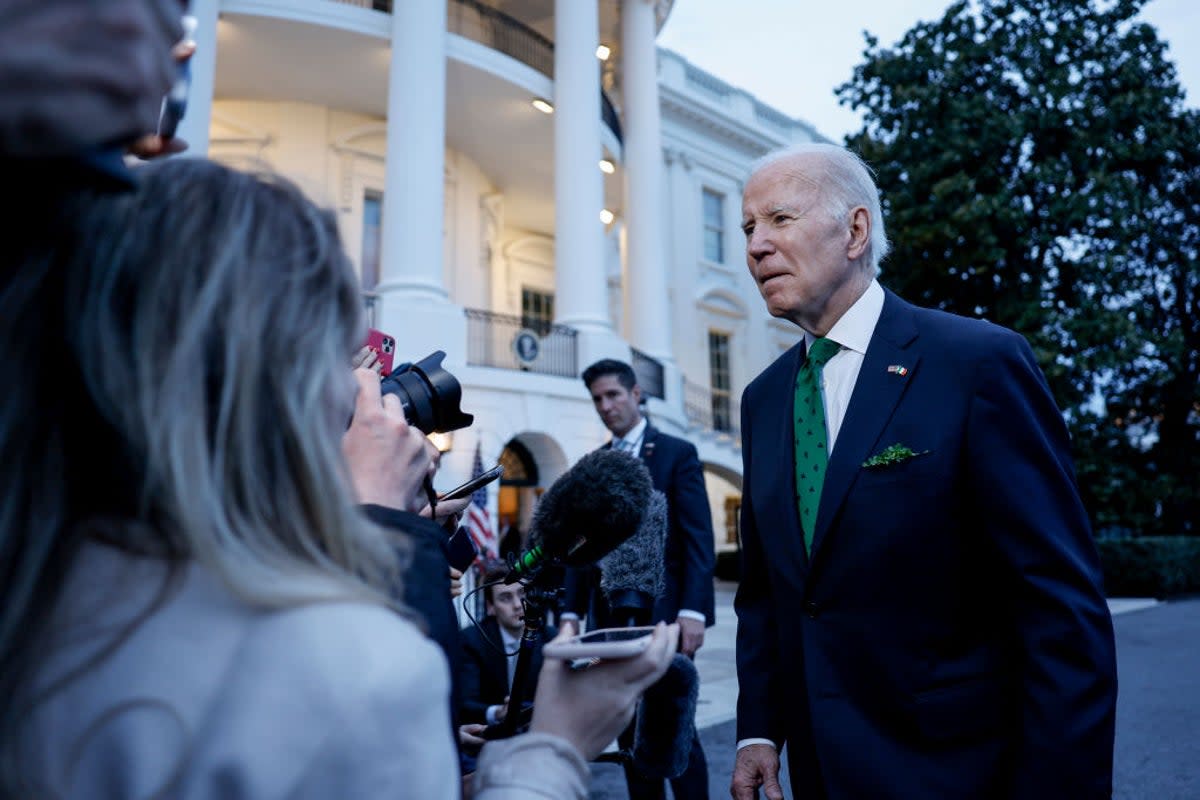Kidnapped US aid worker Jeffery Woodke finally freed after six years captive in West Africa

US officials confirmed on Monday that an American held by an armed militant group in West Africa had been freed after more than six years in captivity.
The 2016 kidnapping of Jeffery Woodke was the result of a brazen attack in which gunment stormed his home in Niger and absconded with Mr Woodke towards the country’s border with Mali, where a long-running civil war has left parts of the country including border areas held by militant groups including the Islamic State of Greater Sahara.
His release was confirmed by White House national security adviser Jake Sullivan on Twitter, and by other senior administration officials in comments to various news outlets.
“I’m gratified & relieved to see the release of U.S. hostage Jeff Woodke after over 6 years in captivity. The U.S. thanks Niger for its help in bringing him home to all who miss & love him. I thank so many across our government who’ve worked tirelessly toward securing his freedom,” said Mr Sullivan.
Other administration officials stated that there had been no “direct” negotiation between the US government and armed terrorist groups operating in the Mali region, while not specifying if Niger’s government had done so. They also insisted that no ransom or other concessions were given up — at least by the US — in exchange for Mr Woodke’s release.
I’m gratified & relieved to see the release of U.S. hostage Jeff Woodke after over 6 years in captivity. The U.S. thanks Niger for its help in bringing him home to all who miss & love him. I thank so many across our government who’ve worked tirelessly toward securing his freedom.
— Jake Sullivan (@JakeSullivan46) March 20, 2023
Mr Woodke was said to have been released in the region of Mali or Burkina Faso; his wife told The New York Times that she had as of yet been unable to verify his condition.
The civil war in Mali has led to a massive destabilisation of the area and allowed armed groups like Isis to flourish in remote areas where a power vacuum exists and the groups are able to enforce their will on local towns and villages.
The kidnapping of Mr Woodke is thought by some to have led to a failed US mission to capture or kill an Islamic State commander near a remote Niger village called Tongo Tongo during the first year of Donald Trump’s presidency. US forces were unable to locate the commander in question and fell under ambush while returning to base by dozens of militants believed to have been part of the Islamic State of Greater Sahara.
Four Green Berets, multiple Nigerien army soldiers, and nearly two dozen IS militants were killed in the ensuing battle. The remains of the slain US soldiers were later found with their equipment stolen by IS forces.

